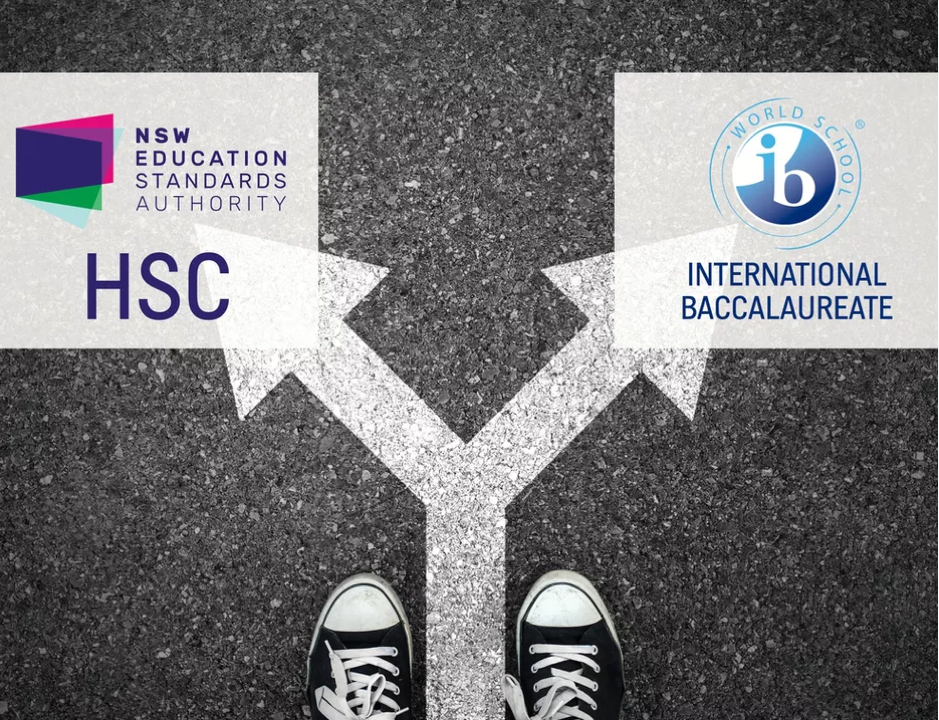Singapore’s International school landscape is made up of many different curriculums and educational philosophies. The below table outlines the difference between NSW’s High School Certificate (HSE) and the International baccalaureate.
1. Overview
The IB curriculum and teaching methods have a strong focus on international perspective. The programme is considered strong preparation for global citizenship.
The HSC offers students familiarity, exceptional subject choice and the ability for strong specialisation in areas of interest.
2. International recognition
The IBDP sets the standard in terms International recognition. The IBDP scores translates favourably on university conversion tables.
The HSE does offer its students international recognition. Universities inside Australia are most familiar with the qualification.
3. Subjects
The IBDP requires students to take 6 subjects
The HSE requires students to take 6 subjects-with possibility of reducing to five
4. Subject selection requirements
IBDP requires:
· Second language
· Maths
· Science
· Humanity
· Art
*requires broad study.
HSC does not mandate breadth of subject choice. Students can more easily pursue areas of interest.
*enables specialisation
5. Core elements
IB requires:
· Theory of Knowledge – reflection on the nature of knowledge..
· Extended Essay – an independent, self-directed, 4,000-word research piece.
· Creativity, Activity, Service (CAS) – requires completion of a project related to these three concepts.
Core elements are not required in the HSE.
6. Career programs
Career-related programmes are offered on the IBDP programme.
Vocational pathways are offered on the HSE.
7. Scale
IB scores range from 1-45
ATAR scores range from 0-99.95
8. Perspective of studies.
IB promotes global study- Geography and History studied from a global perspective.
HSE is a more Australian focus of study.





